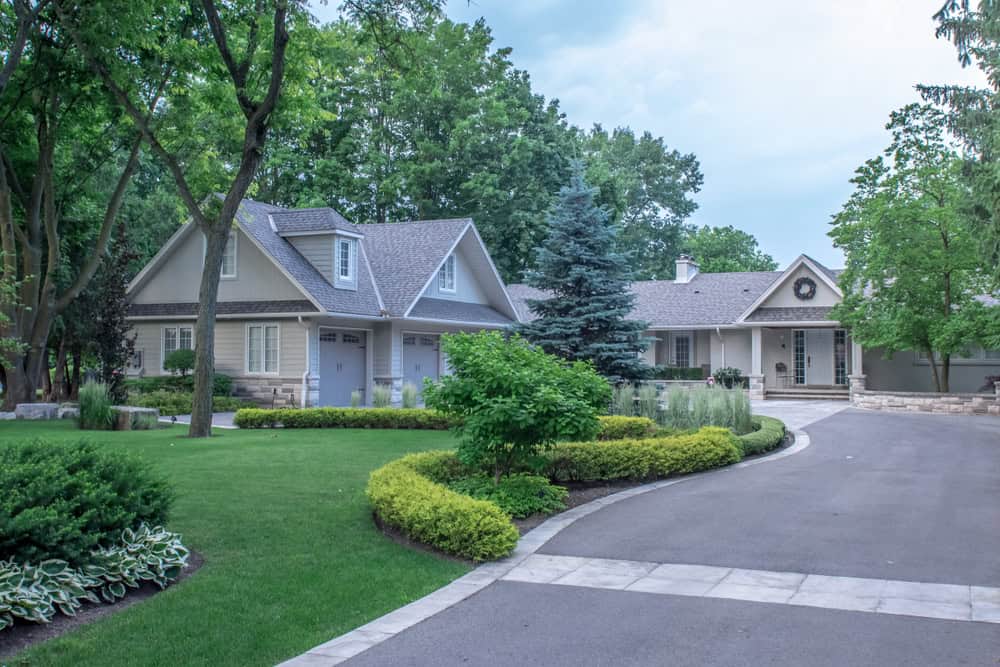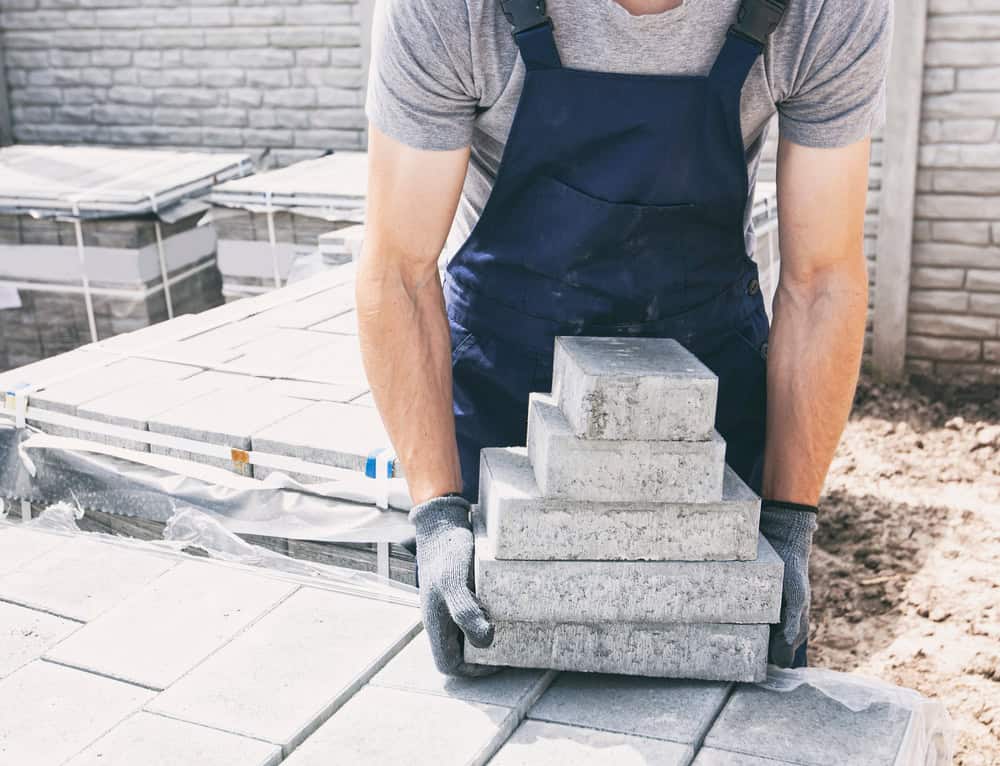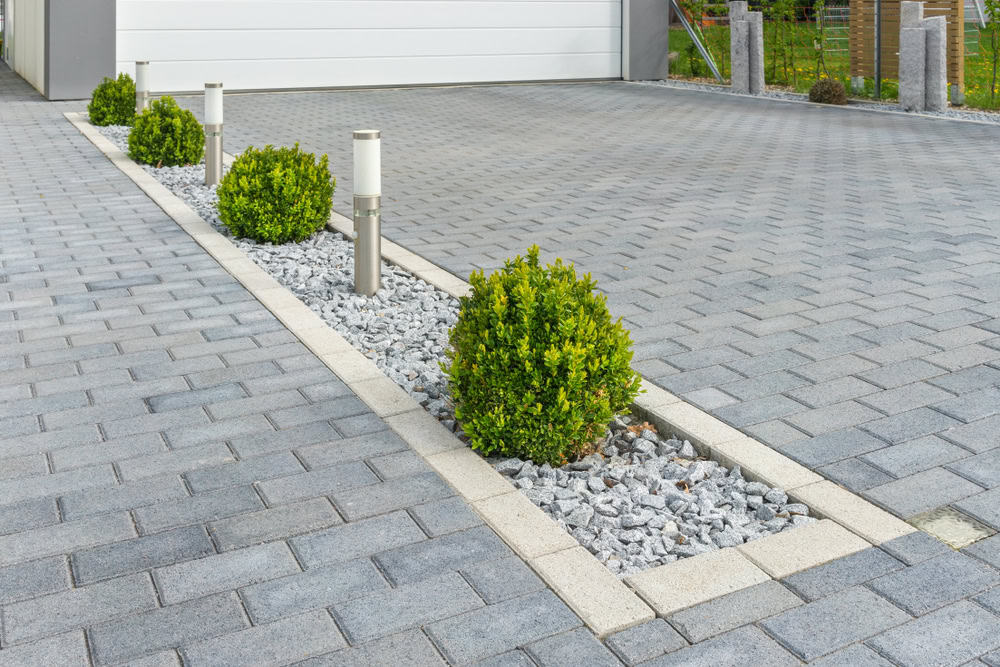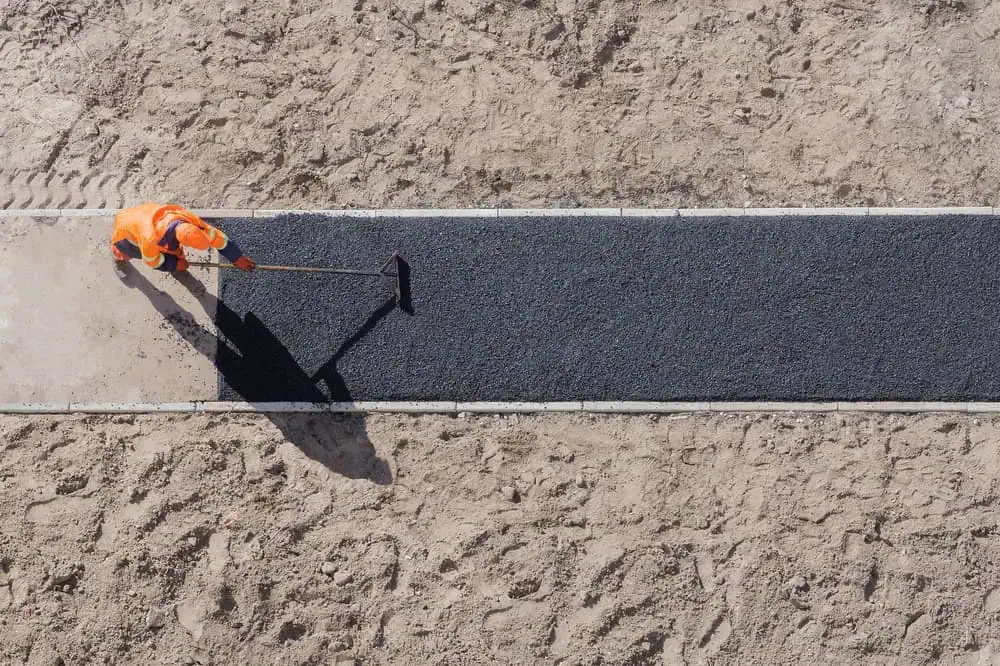Professional paver installation that handles New England weather while creating the entertaining space you’ve always wanted.


Your mornings start with coffee on a patio that still looks perfect years later. No more stepping around cracks or dealing with water pooling after every storm.
Quality paver installation means your outdoor space actually gets used. Friends gather for dinner parties. Kids play safely on level surfaces. Your property value reflects the investment you made in doing it right the first time.
The difference shows immediately but pays off for decades. While your neighbors deal with concrete repairs and deck staining, you’re enjoying low-maintenance outdoor living that looks better each season.
We’ve been installing pavers throughout Chestnut Hill and surrounding Boston neighborhoods for years. We understand how Massachusetts weather affects outdoor surfaces and what it takes to build something that lasts.
Every project starts with proper base preparation because we’ve seen what happens when contractors cut corners. Our installations handle freeze-thaw cycles, heavy rains, and everything else New England throws at them.
You’re working with people who live and work in this area. We source quality materials, follow local codes, and stand behind our installations because our reputation depends on your satisfaction.

First, we excavate to proper depth and grade for drainage. This foundation work determines how your pavers will perform for decades, so we don’t rush it.
Next comes base material installation and compaction. We use the right aggregates for local soil conditions and compact in lifts to prevent settling. Edge restraints go in before any pavers to maintain clean lines.
Paver installation follows manufacturer specifications with proper joint spacing. We cut around obstacles precisely and check levels constantly. Sand sweeping and compaction locks everything together, then we clean up completely so you can start using your new space immediately.

Ready to get started?
We handle every aspect of your paver project from design consultation through final cleanup. Material options include brick pavers, natural stone, and concrete pavers in dozens of colors and patterns.
Our installations include proper drainage solutions because Chestnut Hill’s clay soils and slope variations require careful water management. We integrate with existing landscaping and coordinate with other contractors when needed.
Each project includes site preparation, base installation, edge restraints, paver installation, joint sand application, and initial sealing when specified. You get detailed care instructions and our contact information for any questions that come up later.

Local Resources